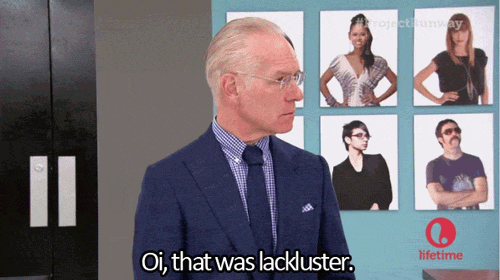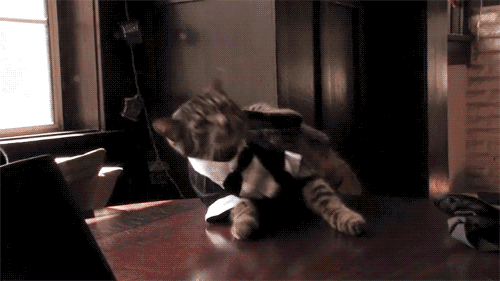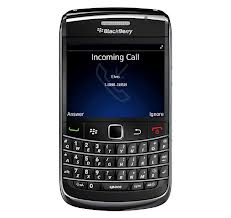By Erica Tew, CPRW
Recently, the question of tattoos and piercings at the interview arose and we debated what was appropriate. We stuck with the conservative approach as general guidance: always cover up best you can in a professional outfit, and possibly remove any facial piercings. The goal is to be remembered for what you said, not your appearance.
However, there is another layer to this subject I would like to address. Before I delve into it, I want to share a few ground rules. I do not think under any circumstances should you show a tattoo that is religious, political, or offensive (lewd imagery, foul language, or gory/violent) in any way. I also think facial piercings should be on the smaller side, to not take too much attention away from your words.
Personally, I am a fan of tattoos and piercings. I think the creativity and skill involved in a well-done tattoo can be really beautiful. I have a few of my own and have even weighed the interview appearance question on whether or not an industrial piercing or a nose ring should be removed. In my conservative workplace, a small nose ring is becoming very common, but I still tend to cover the industrial with my hair down.
Depending on your company’s culture and attire, tattoos or piercings may be acceptable, or even welcomed. For example, there is a common belief that you should never trust a tattoo artist that doesn’t have any tattoos of their own. It happens, but it is really difficult for an artist to make it without some of their own. Places that typically do not mind tattoos could be laborious jobs such as warehouses or shipyards. In retail, many shops welcome their staff to be creativity and display their own artwork; not minding tattoos or piercings.
What you may not realize though, is many of our corporate sectors are tolerant of tattoos and piercings as well. Some universities where you may be working independently can be accepting. Small businesses, startups, and other employers can be a mix- but my advice is, when possible, to simply walk into the building before applying. See how the employees and managers dress. Note any tattoos or piercings and reflect manager norms in your own interview attire. Even if the employees have visible tattoos or piercings, but the managers are more conservative, you are safest with dressing on the conservative side for your interview. Some companies may not mind tattoos or piercings on employees, but when promoting an employee, they may prefer someone who more closely reflects executive style choices. Dress for the job you want, at the company you want.
Overall, researching the company culture will be most important when determining your interview appearance. Although tattoos and piercings are increasingly accepted, many companies still want employees to reflect their corporate brand at all times, and a tattoo may clash with that brand. If you really love a company and aren’t sure of their policy, it’s best to err on the side of caution, and cover up. If you have further questions, please leave a comment below!

















